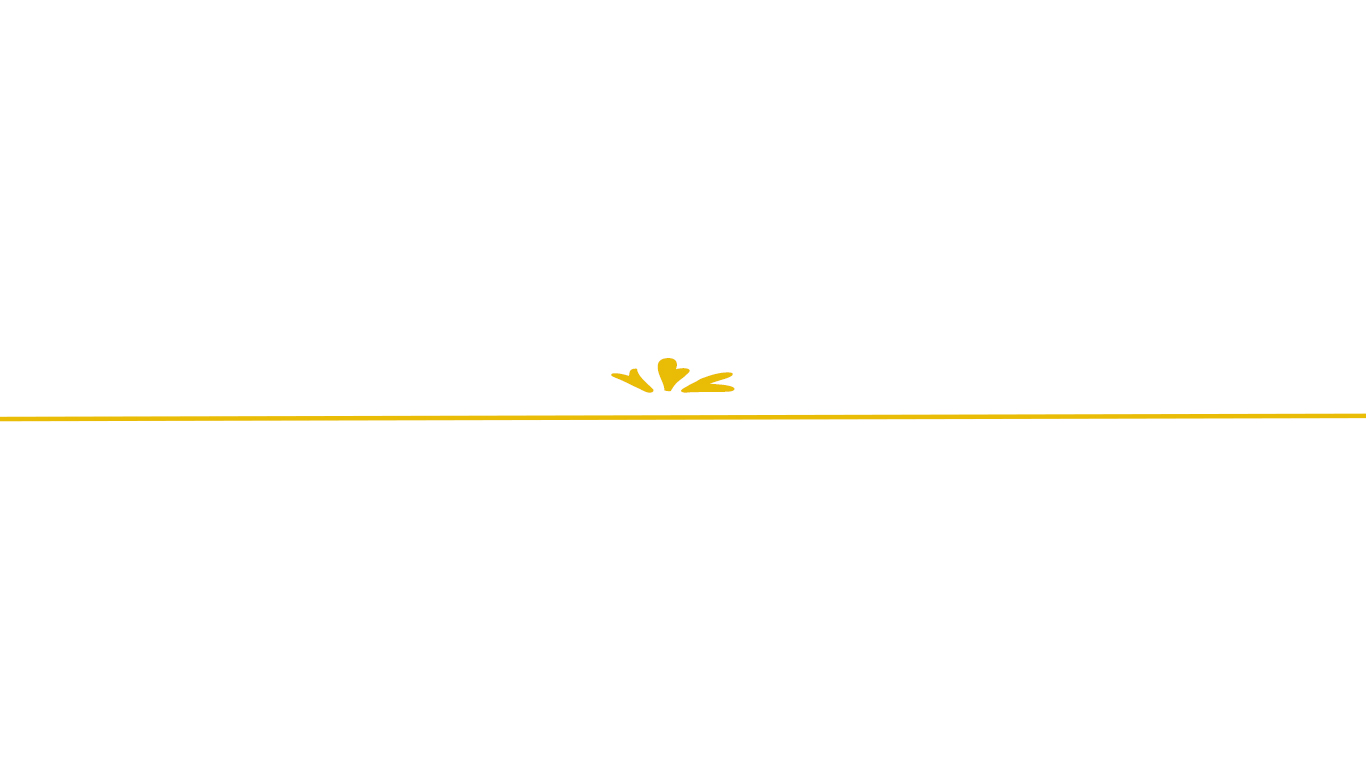Know Thyself: For the Sake of Others
/Before I had children, I spent 24 hours a day with a person that, come to find out, I didn’t know very well.
Me.
Before having children, I was motoring along in life ticking all the boxes. I finished high school, went off to college, picked a major (albeit reluctantly), finished college, moved away from my home state, met someone, got married, started a career of sorts, had kids---. Then screech went the brakes, and I was thrown forward in my seat with the bruise of a lifetime on my forehead.
And that’s when I met myself.
As soon as I couldn’t run to the office or out to dinner with friends, as soon as I became responsible for someone besides myself, there I was. And it wasn’t pretty. I wasn’t as much fun as I thought I was.
Stay at home motherhood. Yikes. The house was quiet, the stakes were high, the fun was minimal. I couldn’t figure out why I was struggling so much. I couldn’t understand why parenthood wasn’t just another scenic stop on the breezy road of life.
Then I got it. There had been signs before, I had just chosen to ignore them. I was bad at doing hard things. (ahem, quit most jobs after about a year) I was bad at staying in one place (moved from MN to MD to WI to IN) and the icing on the cake, I have a mean inner voice that is hard to silence (hence the fury of activity most of the time to keep it at bay).
But God was merciful to me.
He led me to the Enneagram as a tool to understand more about myself.
Alas, began a long and painful journey to understand why I had hit such a large roadblock. And luckily, it was beginning to make sense. My personality and motivation were in line with the Enneagram 7, the Enthusiast, the one with a very active brain, a zest for life, a desire to consume all things. But really at its core is afraid, afraid of being stuck in pain. That fear motivates the Enthusiast to consume experiences like one consumes chocolate—one more then one more and one more after that, thinking each one will be the answer, will be the most satisfying, will stop the anxiety and quell the fear, will shut up that stupid voice.
Pretty picture, huh?
Not surprising, I found being home with children boring and hard and well, like being locked in the prison that I was so scared of. I couldn’t just run to the next thing, to the next job, the next state.
But knowing that I had that proclivity to run saved me. I could see outside myself, like I was watching my life from the third person. I could see that I wanted to be faithful to my family more than I wanted the next dopamine hit that felt good for a fleeting moment. That even though I really wanted to run away, that it would be harmful to those that I loved and would keep me in the perpetual cycle of unhealth that I was experiencing.
And well, of course, God. He took the brunt of my anger. My self-righteous self, telling him that I deserved for this to be easier. Good thing he’s faithful when I’m not.
Now that my kids are a tad older, I can already tell that the clouds are beginning to part (The Simpsons style) and the world is becoming larger again. And guess what? I’m a healthier person. Who knew doing hard things actually makes you a better person? Dang.
And thanks to the Enneagram, I have the language that I needed to understand why this was so challenging for me. Why other new mothers seemed to transition easily while I transitioned like an aquaphobic dog thrown into a bathtub.
So here I am, three kids in and still a stay-at-home mom. The days are still long and hard but at least now I know why. There are frustrating and painful moments alongside fantastic and fun ones. One minute I feel trapped and the next I’m grateful I get to witness the lives of these amazing little boys.
It’s tumultuous, that’s for sure.
But one thing remains, I’m still here. And I’m showing up for these boys.
If you want to know more about yourself or want to hear more about the Enneagram, let me know! I’d love to talk with you.


